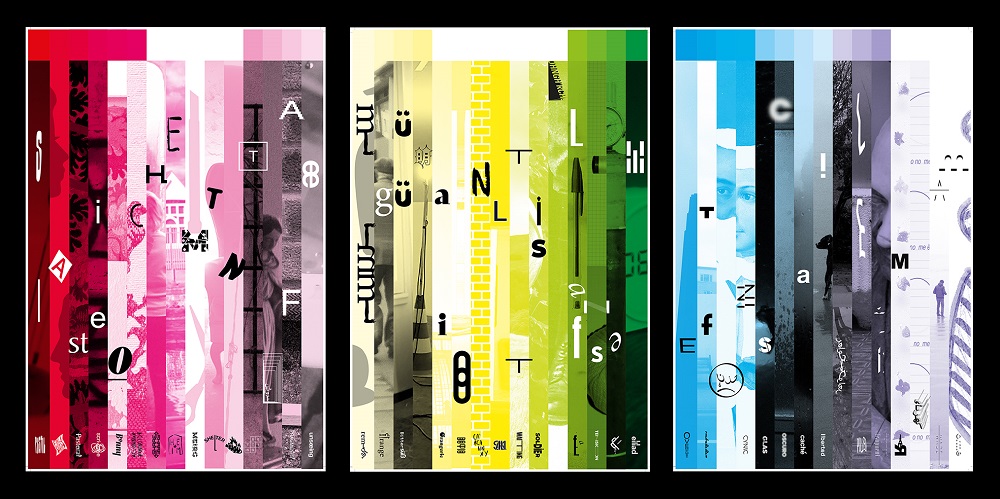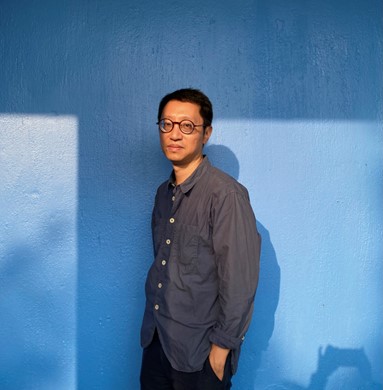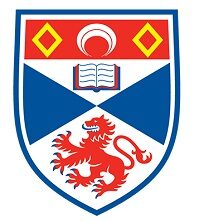 The Three Manifesti by Davide D’Elia The Centre for Poetic Innovation addresses poetry and poetics creatively, critically and historically, promoting and studying poetic innovation in a broad sense of both terms, from poetry as traditionally understood to poetic aspects of visual and material art forms, of prose writing as well as interactions with music, dance and digital poetry. The key aims of the Centre are:
The Three Manifesti by Davide D’Elia The Centre for Poetic Innovation addresses poetry and poetics creatively, critically and historically, promoting and studying poetic innovation in a broad sense of both terms, from poetry as traditionally understood to poetic aspects of visual and material art forms, of prose writing as well as interactions with music, dance and digital poetry. The key aims of the Centre are:
- Hosting speakers, workshops and conferences
- Support and development of doctoral and post-doctoral research
- Public engagement and impact activities
- Joint Research Grant applications and research projects
Upcoming events
Creative Writing in Arabic: A New Way to Learn and Express
19 March and 2 April 2025, 2:00–3:30pm, BUC 305

Creative writing in Arabic is often seen as the domain of native speakers. While the strict grammar rules can feel restrictive, writing creatively in this language is not only possible for non-native speakers: it’s also a powerful way to deepen language learning from a fresh, often overlooked perspective.
In these two workshops, you will practice Arabic while developing your creative voice, experimenting with structured yet free-flowing writing, and exploring the power of imagery, metaphor, and rhythm.
Preparation: Before the workshop, you will read a short selection of poetry and prose.
Open to: Intermediate to advanced Arabic students. Limited places available. To sign up, please email Dr Ayah Durkawi at [email protected] by 13 March 2025.
Reading by Kit Fan
3 April 2025, 6-7.30pm
UCO, School III
 Kit Fan writes poetry and fiction. His third poetry collection The Ink Cloud Reader (2023) was shortlisted for the T.S. Eliot Prize and Forward Prize. His first novel is Diamond Hill (2021). He was shortlisted twice for the Guardian 4th Estate BAME Short Story Prize, and a winner of the Hong Kong University International Poetry Prize, Northern Writers Awards for Poetry and Fiction, Times Stephen Spender Poetry Translation Prize, and POETRY’s Editors Prize for Reviewing. He is a frequent contributor to publications including the Guardian and The Times Literary Supplement. He is the Vice-Chair of the Authors’ Licensing and Collecting Society (ALCS) and Fellow of the Royal Society of Literature. He was born and educated in Hong Kong and now lives in the UK.
Kit Fan writes poetry and fiction. His third poetry collection The Ink Cloud Reader (2023) was shortlisted for the T.S. Eliot Prize and Forward Prize. His first novel is Diamond Hill (2021). He was shortlisted twice for the Guardian 4th Estate BAME Short Story Prize, and a winner of the Hong Kong University International Poetry Prize, Northern Writers Awards for Poetry and Fiction, Times Stephen Spender Poetry Translation Prize, and POETRY’s Editors Prize for Reviewing. He is a frequent contributor to publications including the Guardian and The Times Literary Supplement. He is the Vice-Chair of the Authors’ Licensing and Collecting Society (ALCS) and Fellow of the Royal Society of Literature. He was born and educated in Hong Kong and now lives in the UK.
Poem and Octopus: Masterclass with Kit Fan
4 April 2025, 10-12noon
Hebdomadar’s room
An octopus has a decentralised brain distributed throughout their body; each arm is an independent mind. A poem too has more than one brain and each line has own mind. For a poem to withstand the erosion of reading, it needs to find multiple intelligence in its singular body. Informed by other poems, participants will be invited to reflect on their own craft and invent a new way of being a poem that defies a single perspective but thrives on multiple intelligence.
To sign up and receive the preparation material for the workshop, please email Elodie Laügt at [email protected].
